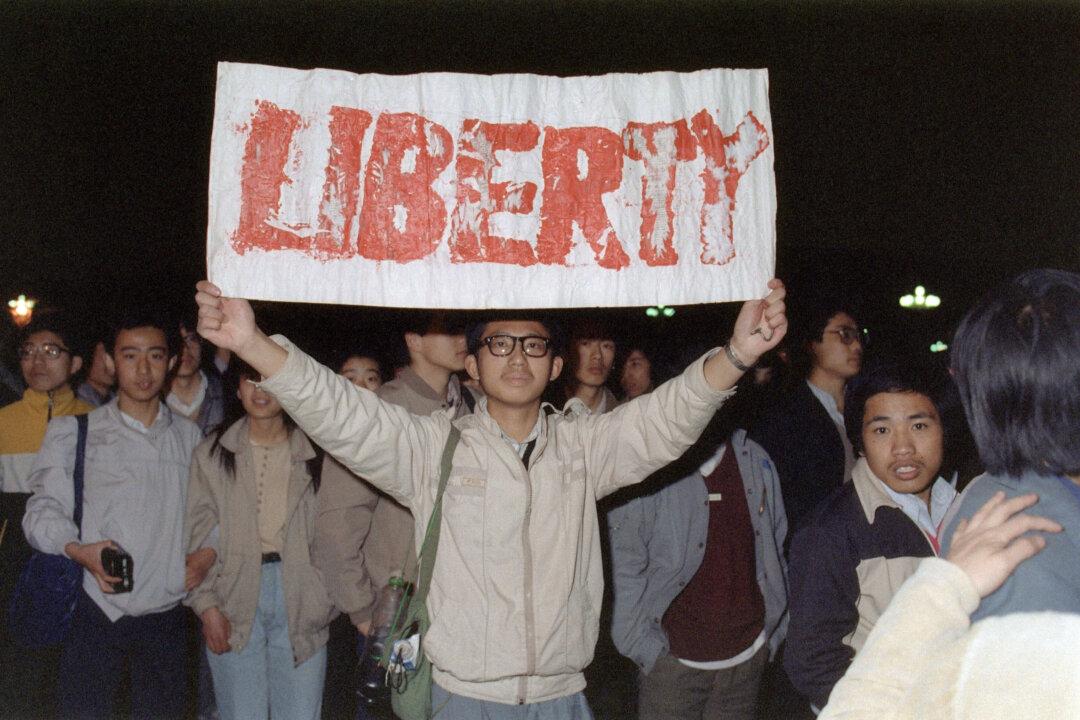Commentary
The number “9” has always had special meaning for the Chinese. It’s the biggest single-digit number, and the Chinese have always believed that when something reaches the extreme, it will go in the opposite direction.

The number “9” has always had special meaning for the Chinese. It’s the biggest single-digit number, and the Chinese have always believed that when something reaches the extreme, it will go in the opposite direction.